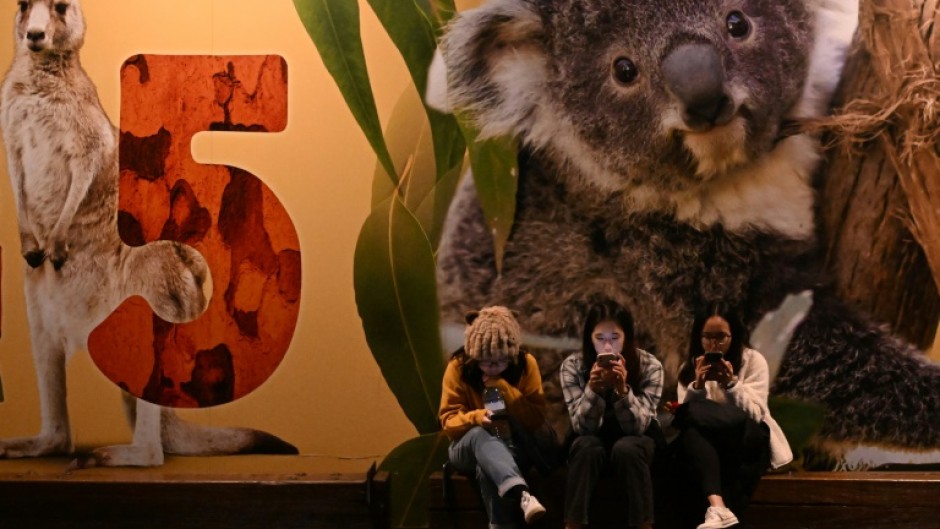MELBOURNE - Australia will ban children from using social media with a minimum age limit as high as 16, the prime minister said on Tuesday, vowing to get kids off their devices and "onto the footy fields".
Federal legislation to keep children off social media will be introduced this year, Anthony Albanese said, describing the impact of the sites on young people as a "scourge".
The minimum age for children to log into sites such as Facebook, Instagram, and TikTok has not been decided but is expected to be between 14 and 16 years, Albanese said.
The prime minister said his own preference would be a block on users aged below 16.
An age verification trial to test various approaches is being conducted over the coming months, the centre-left leader said.
"I want to see kids off their devices and onto the footy fields and the swimming pools and the tennis courts," Albanese said.
"We want them to have real experiences with real people because we know that social media is causing social harm," he told national broadcaster ABC.
"This is a scourge. We know that there is mental health consequences for what many of the young people have had to deal with," he said.
- 'Reckless' -
Australia's conservative opposition leader Peter Dutton said he would support the government's proposed age limit.
"Every day of delay leaves young kids vulnerable to the harms of social media and the time for relying on tech companies to enforce age limits," he said.
Analysts warned, however, that an age limit may not help troubled children.
Daniel Angus, professor at Queensland University of Technology, said the government's plan was "reckless", coming before the final report of a joint parliamentary inquiry into the impact of social media on Australian society.
"This knee-jerk move undermines the joint inquiry and deliberative democratic principles and threatens to create serious harm by excluding young people from meaningful, healthy participation in the digital world," said Angus, who leads the university's digital media research centre.
The legislation could drive children to "lower quality online spaces", he said, "removing an important means of societal connection".
It is not even clear that the technology exists to reliably enforce such bans, said the University of Melbourne's associate professor in computing and information technology, Toby Murray.
"The government is currently trialling age assurance technology. But we already know that present age verification methods are unreliable, too easy to circumvent, or risk user privacy," he said.
But the prime minister said parents expected a response to online bullying and the access social media gave to harmful material.
"These social media companies think they're above everyone," he told a radio interviewer.
"Well, they have a social responsibility and at the moment, they're not exercising it. And we're determined to make sure that they do," he said.

